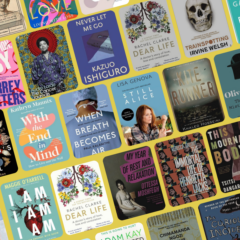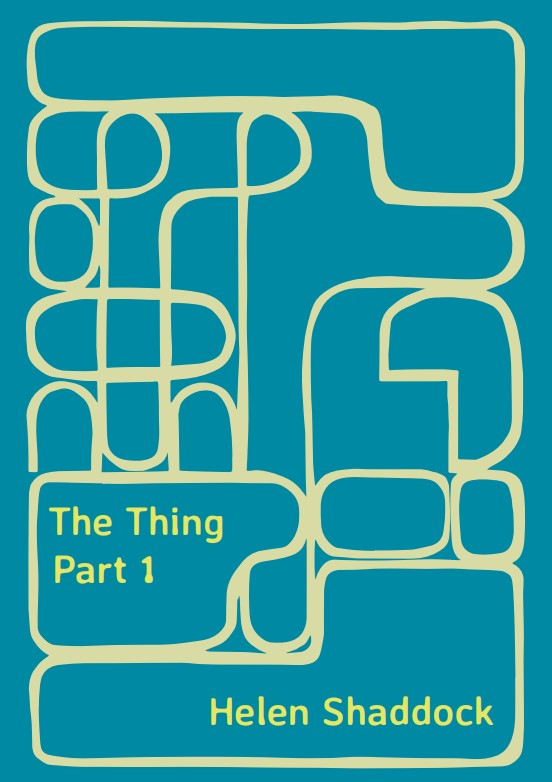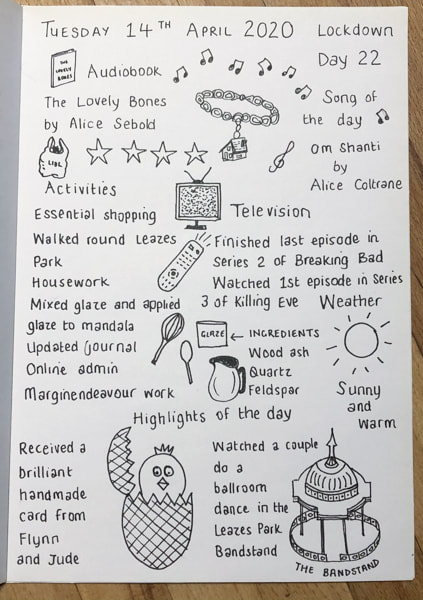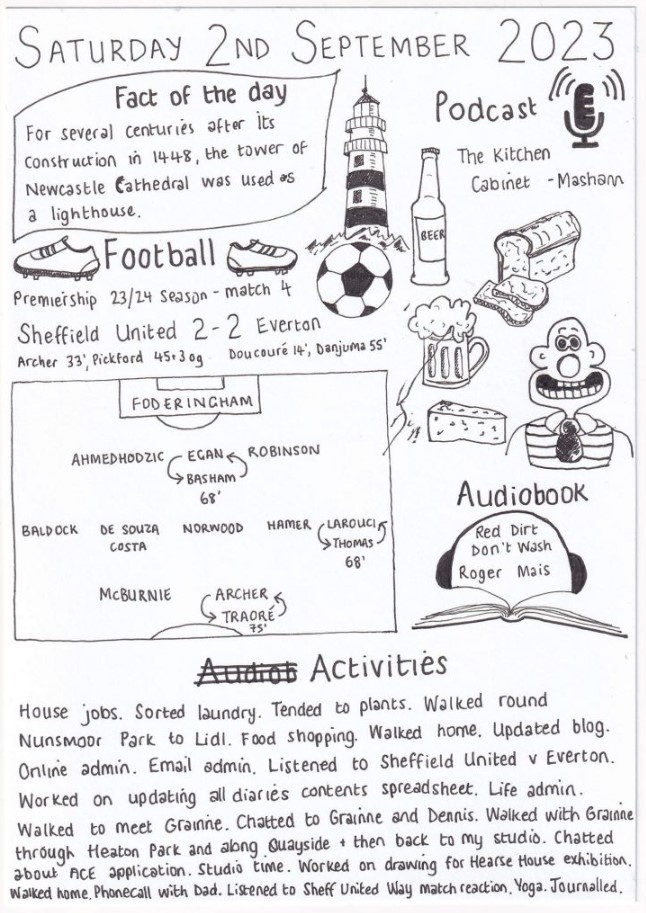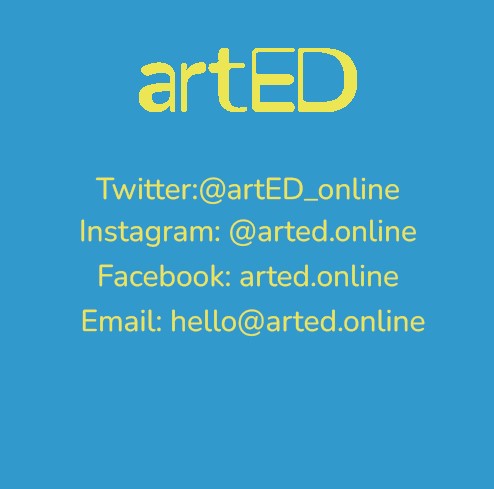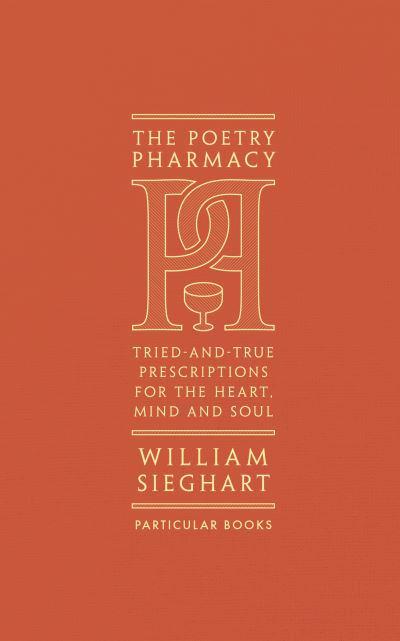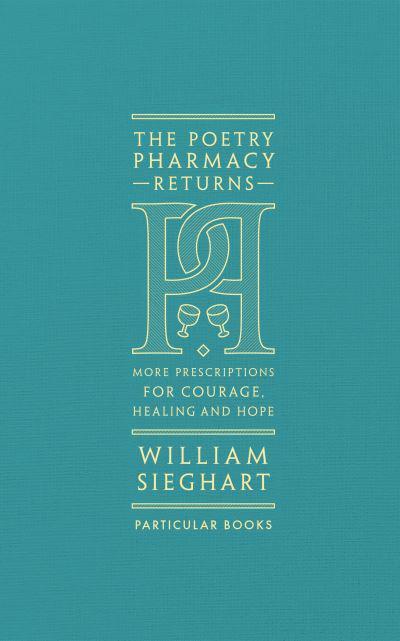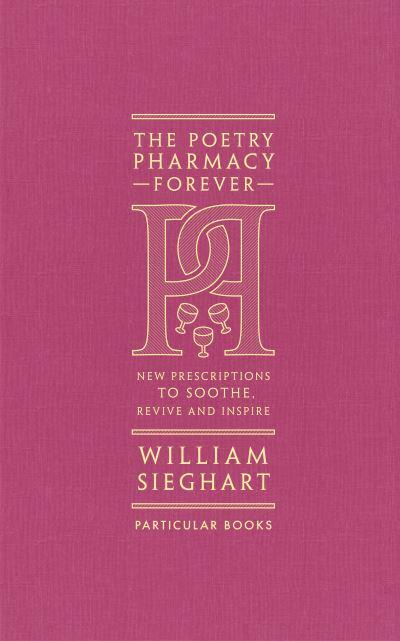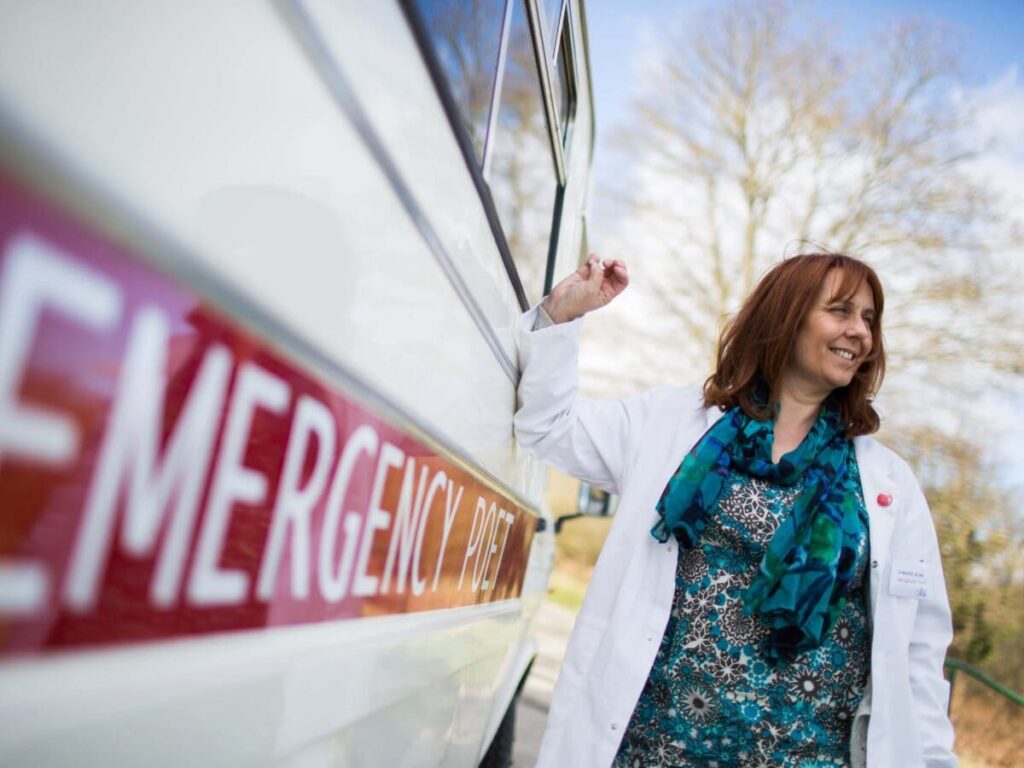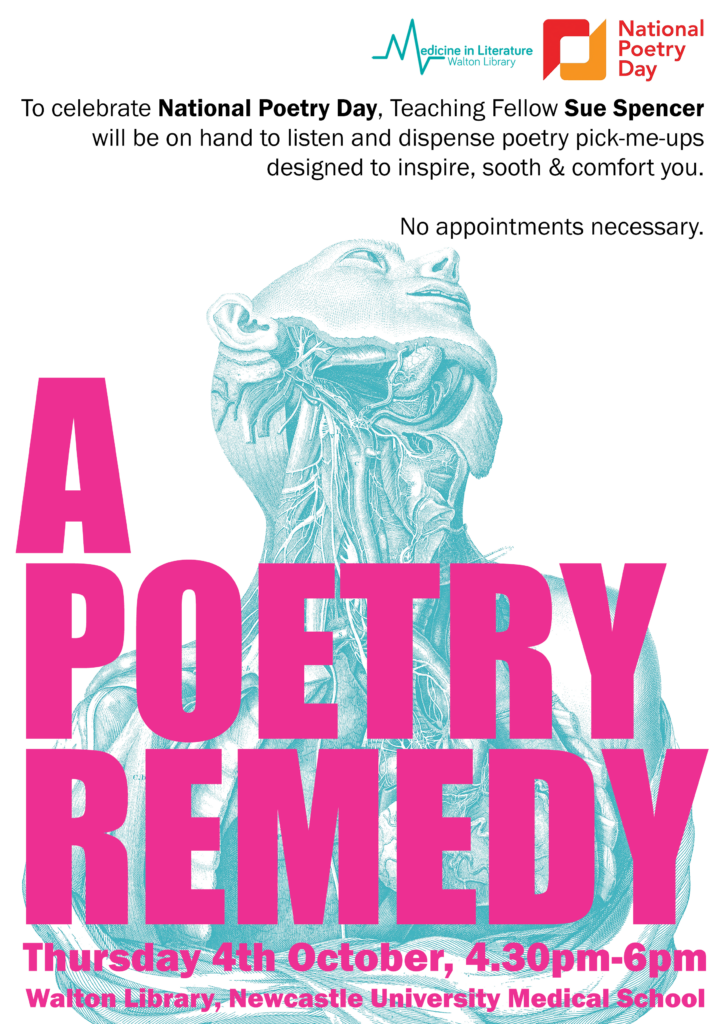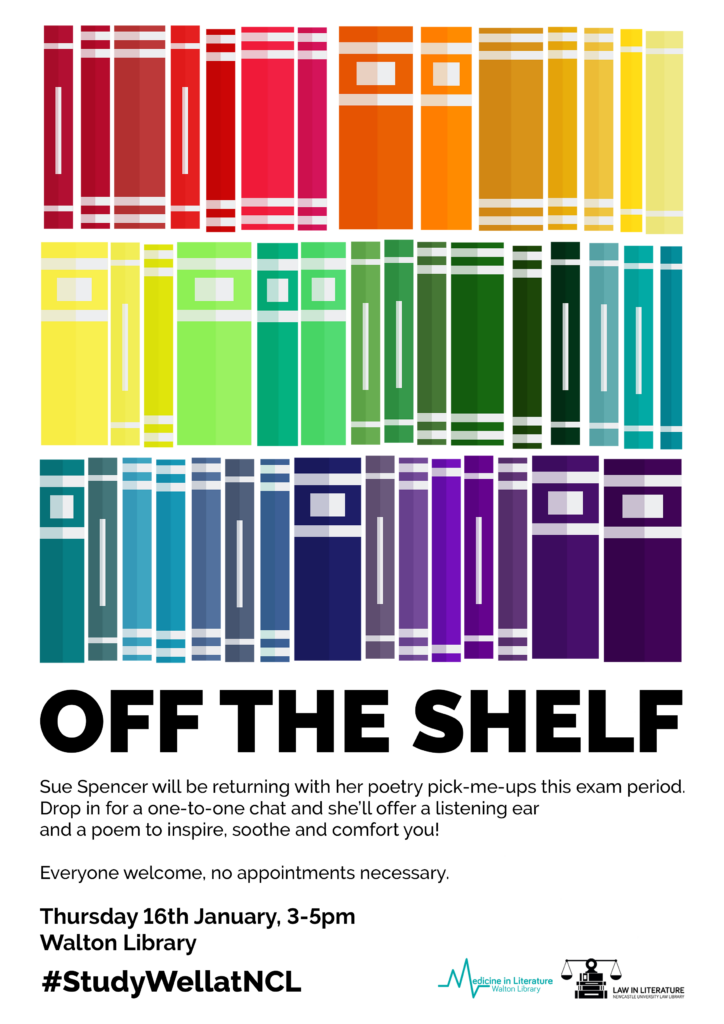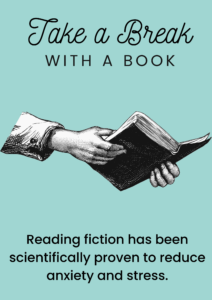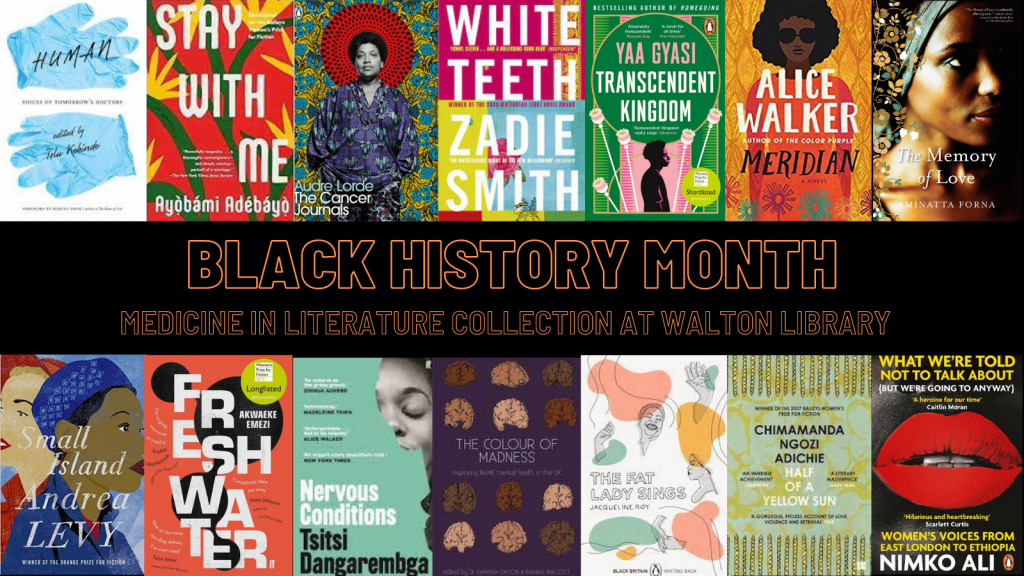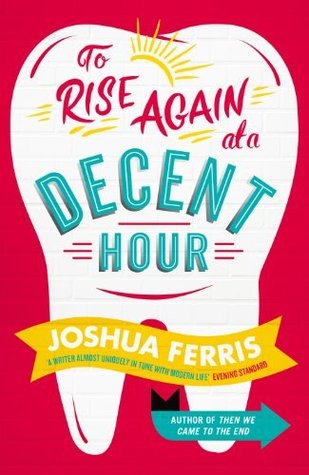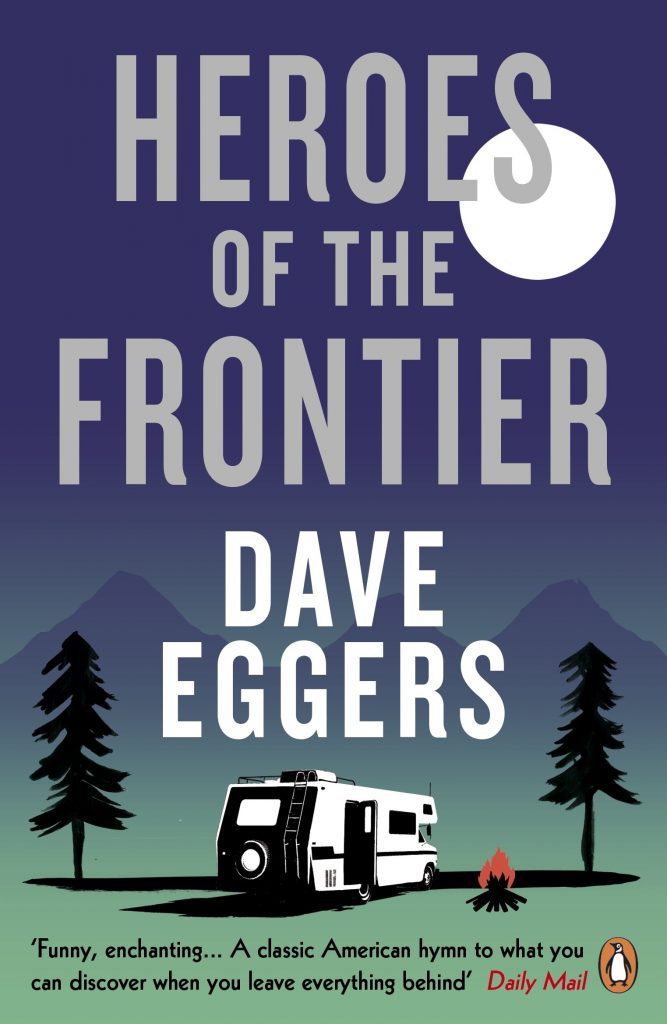This month, we have been celebrating LGBTQ+ History Month, highlighting the achievements of the LGBTQ+ community throughout history. While there have been many, these contributions have continuously been erased from history books, overlooked by the media, and removed from mainstream narratives. As a result, many are unaware of how LGBTQ+ individuals have changed our society for the better. That’s why we feel it is so important to draw attention to their stories, ensuring they are recognized and remembered.
The theme for LGBTQ+ History Month 2025 is Activism and Social Change. The LGBTQ+ community has a long history of activism, born out of the need to stand up against the discrimination and injustice they have faced. Activists have played a crucial role in creating social change by calling for equality for all and an inclusive society.
One of the most significant moments in LGBTQ+ history was Stonewall – a riot that set in motion the modern LGBTQ+ rights movement. It was a powerful statement against societal discrimination and police harassment, paving the way for decades of activism worldwide. Activism is an integral part of the history of the LGBTQ+ community, and we must highlight this to inspire and empower people to continue fighting for equality and justice.
There has been a long history of activism within the medical community for LGBTQ+ rights. Homosexuality was classified as a mental illness in the Diagnostic and Statistical Manual of Mental Disorders (DSM). Following the Stonewall riots, this was challenged by members of The Gay Liberation Movement.
In 1970, activists infiltrated the American Psychiatric Association’s (APA) annual convention, they told the meeting:
“There is no cure for that which is not a disease. Psychiatrists who promise a cure with lobotomies, castration, and brainwashing… are sadistic murderers, quacks… and the system that supports them must be abolished.”
These protests were staged at APA meetings across the US and shocked the psychiatric community. However, it was only when fellow psychologists started to speak up that the APA started to listen. American psychologist Evelyn Hooker’s 1956 study demonstrated that homosexual men were just as psychologically well-adjusted as heterosexual men, challenging decades of harmful stigma. This study became one of many and was a major influence in the APA’s decision.
In 1973, at an APA meeting in Hawaii, both sides of the debate were heard. Activist Ron Gold delivered a powerful speech:
“The worst thing about your diagnosis is that gay people believe it. Nothing makes you sick like believing you are sick.
The illness theory is a pack of lies. Psychiatry—dedicated to making sick people well—is the cornerstone of a system of oppression that makes gay people sick. Take the damn label of sickness away.”
In December 1973, the APA finally voted to declassify homosexuality as a mental illness – a landmark victory for LGBTQ+ rights. However, the fight wasn’t over. In 1974, the DSM was updated and described homosexuality as a “sexual orientation disturbance.” It wasn’t until 1987 that it was finally fully removed.
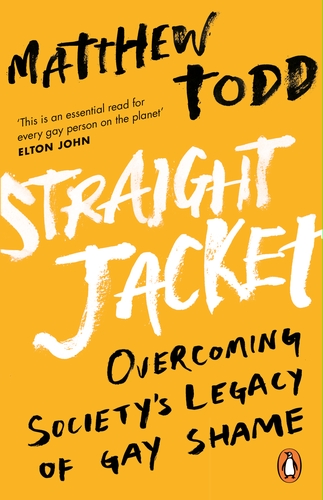
While progress has been made, the impact of this discrimination has manifested in the mental health of LGBTQ+ individuals. Author Matthew Todd explores how societal shame has affected LGBTQ+ people throughout their lives in his book, Straight Jacket: Overcoming the Legacy of Gay Shame.
Todd emphasises that the issue is not sexuality but the experience of being raised in a world that often refuses to accept anything outside of heterosexual and cisgender identities.
He describes this as growing up trapped in a cultural “straightjacket”, a restrictive expectation that leaves no room for self-discovery and authenticity. The book is a must-read for everyone, whether you are part of the LGBTQ+ community or an ally. It provides a compassionate and comprehensive understanding of the culture, struggles, resistance and resilience of the LGBTQ+ community. Thoroughly researched and thoughtfully written, Todd draws on a wide range of sources and makes clear that not all LGBTQ+ individuals share the same lived experiences.
Although difficult to read at times, Todd addresses issues that affect LGBTQ+ lives sensitively, such as the clear homophobia that people have had to face and continue to face. Despite the difficult issues explored, the book remains positive and looks to a brighter future where LGBTQ+ individuals are fully accepted, supported, and celebrated for who they are.
Since HIV/AIDS was first diagnosed in June 1981, decades of relentless activism have led to exceptional advancements in science and medicine. In the first years of the epidemic, an HIV diagnosis was a death sentence. It was considered an even graver diagnosis than cancer – a fate marked by suffering and stigma. Thanks to the extraordinary medical progress that has been made, today, HIV/AIDS is a manageable condition. There is still no cure however modern treatments can suppress the virus to undetectable levels and people with HIV can live long, healthy lives.
At the forefront of AIDS activism was ACT UP (AIDS Coalition to Unleash Power). Founded in New York, ACT UP expanded to the UK, where it launched protests against government for their inaction in helping HIV-positive people. One of the most effective methods of protest used by ACT UP groups internationally was the mass “die-in”. This involves protestors playing dead in public spaces. In London in 1989, ACT UP used this method to protest against The Sunday Telegraph, which routinely released articles misrepresenting HIV positive people in the LGBTQ+ community.
ACT UP is often remembered for its dramatic protests like the “die-ins”, but their legacy lies in their urgent drive for patient-centred care. The group pushed to build a healthcare system that was designed to meet the needs of the most vulnerable within the community. They provided direct aid by delivering treatment to at-risk communities, finding housing for people with HIV/AIDS, and protecting drug users through needle exchange programs.
Their activism also pushed for changes in laws and fought against policies that discriminated against gay men. They pressured governments and pharmaceutical companies to accelerate drug testing, lower treatment costs, and involve people with HIV/AIDS in shaping their own medical care.
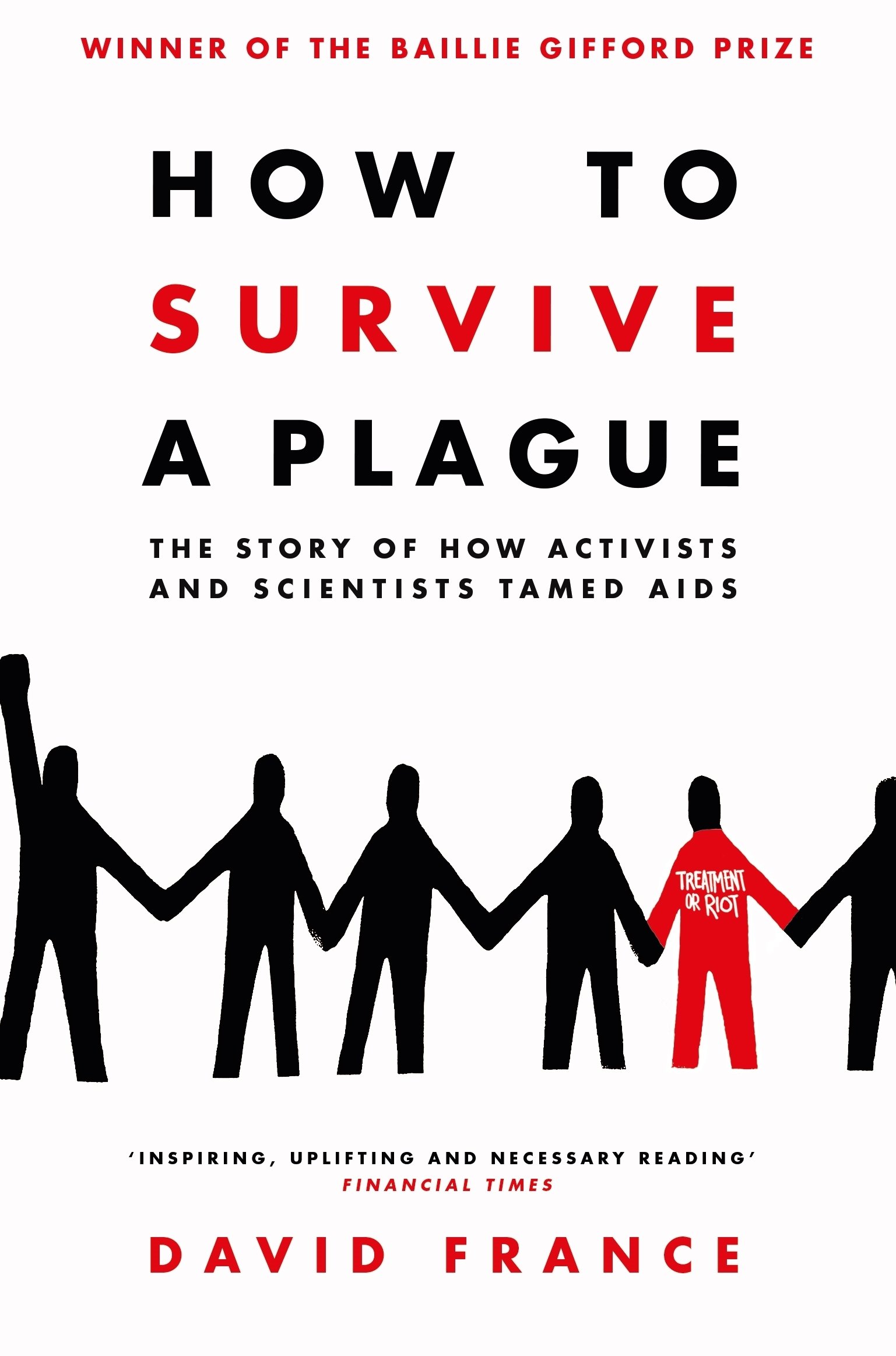
David France’s How to Survive a Plague captures this extraordinary movement while focusing on the activists who revolutionized medical research and transformed HIV from a fatal illness into a manageable condition. Many of these activists were fighting for their own lives, but pushed the limits of scientific boundaries and advocated for LGBTQ+ rights. Today, 15.8 million people worldwide rely on anti-AIDS medication because of their efforts.
France’s book is not an easy read—it is a deeply moving account of a significant moment in history. The fight against AIDS not only changed LGBTQ+ lives but reshaped medical science, activism, and global healthcare.
In the UK, new HIV transmissions in England have fallen by nearly a third since 2019 and we are currently on track to end new transmissions by 2030. Yet in many African nations, there continues to be high transmission and mortality rates due to poverty, inability to gain access to healthcare, and lack of funding. While we have had extraordinary medical advances, we still need activism to ensure everyone worldwide has access to these life-saving treatments.
We have come a long way in the past few decades, and we have seen a huge advancement in LGBTQ+ rights and healthcare. However, there is still more progress that needs to be made. Discrimination, healthcare disparities, and societal stigma continue to affect LGBTQ+ individuals globally. By recognizing the activism of the past, we hope to continue to work towards a future of equality, inclusion, and acceptance.
This month – and every month – let’s continue to educate ourselves and uplift LGBTQ+ voices.
You can check out more of our resources by clicking the links below. We have a brilliant collection of LGBTQ+ stories in our Libby collection, available as eBooks and audiobooks. We also have a fantastic list of recommended podcasts showcasing LGBTQ+ stories.
